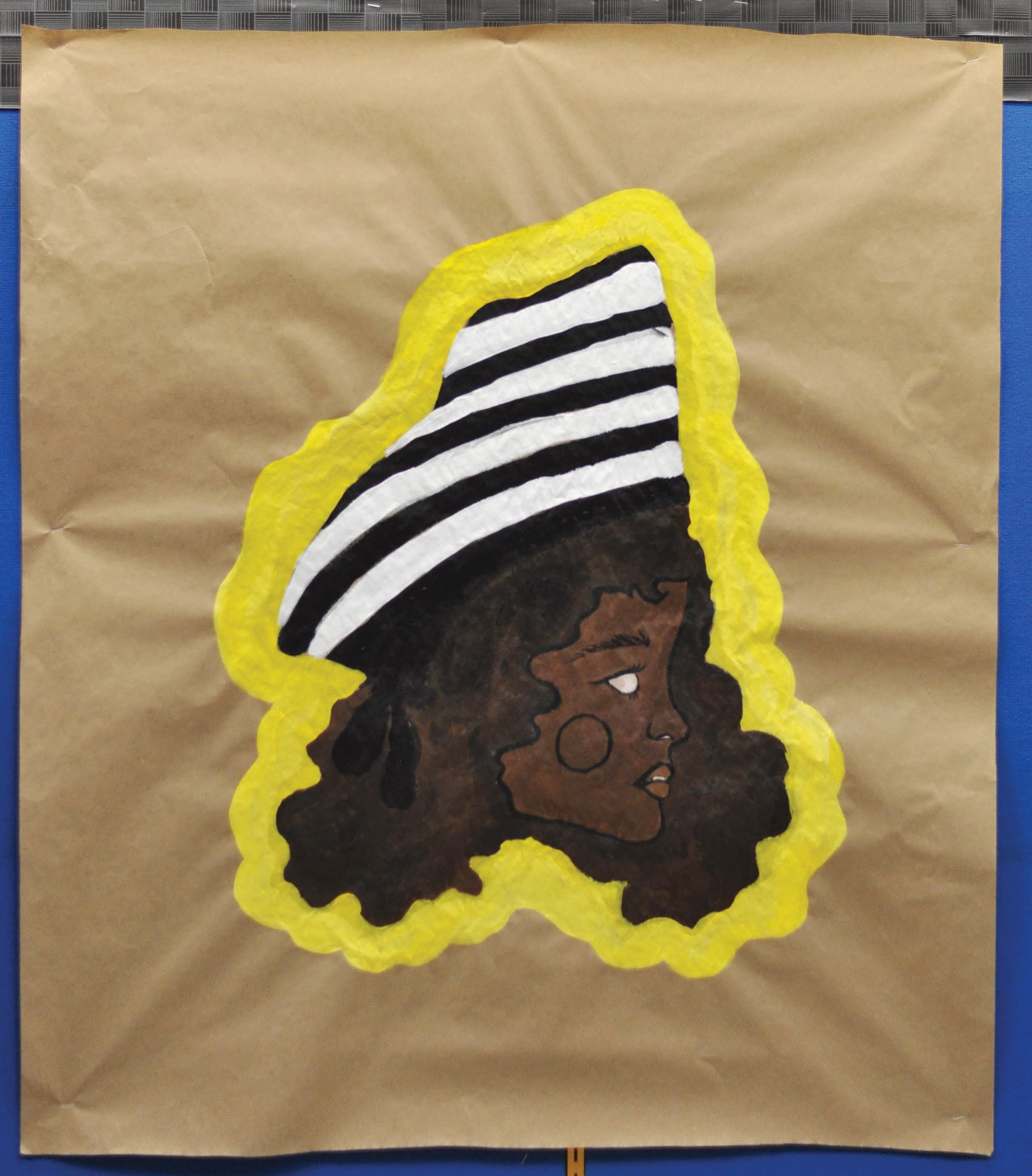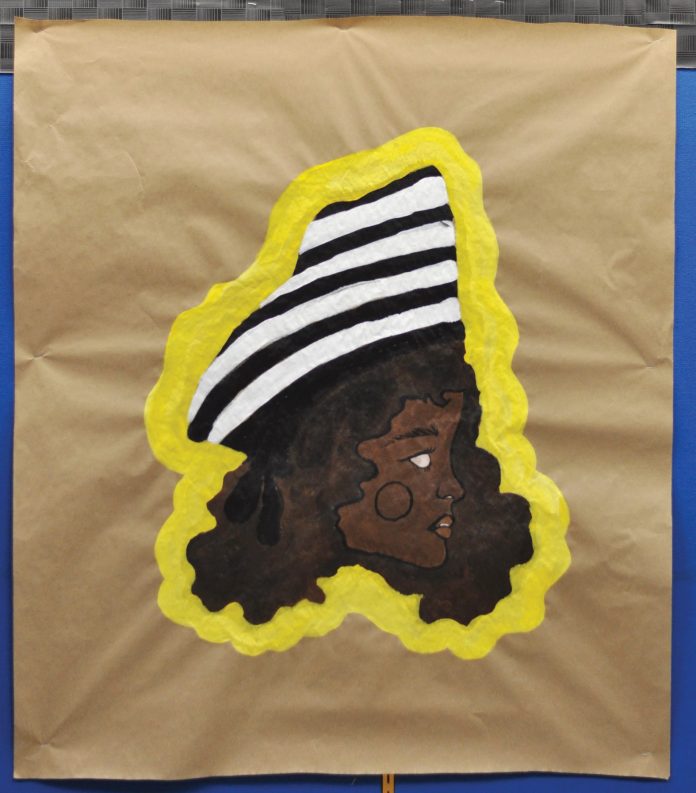
By Anna Berglas and Ellis Bissonnette
Black History Month, which occurs during the month of February, gives students an opportunity to acknowledge the many Black Canadians who have contributed to our society, as well as celebrate the vibrant and growing culture of this demographic.
As the Ottawa-Carleton District School Board website writes, “[This month] is a time to celebrate Black culture and history and to applaud the achievements and significant contributions Black Canadians have made to build Canada and to make this country the diverse, welcoming and strong nation it is today”.
Nepean planned various initiatives during the month, ranging from daily announcements to a display board. The Diverse Student Union (DSU), a group of students that meet once or twice a week, took on this responsibility. The curriculum tends to centre on a colonized version of Canadian history, so increasing awareness was one of the top priorities for the DSU.
Every morning, a prominent black figure was highlighted after the regular announcements. Alternating members of the DSU spoke briefly of the individual’s life and accomplishments. Members of the DSU said they wanted to go beyond the token heroes and heroines of social justice, such as Rosa Parks, and celebrate lesser known figures who have vastly improved society.
To conclude the month, two alumni, Jamal Koulmiye Boyce and Aliyah Poon Young, returned to Nepean High School for an assembly. These graduates created a Black History Club in 2016, which in turn became the DSU.
During the assembly, students read poetry such as “Caged Bird” by Maya Angelou, a famous piece which represents African American resilience and dignity. There was also a performance from the Nepean Choir.
Finally, members of the club performed pieces on how the faculty and students at Nepean can support minority groups within the school, and what changes they wish to see in upcoming years.
The purpose of the events organised by DSU was to bring awareness and conscientiousness to the Nepean student body.
Although difficult social issues are tackled, they are topics that must be addressed in order for both the school and society to move forwards.
